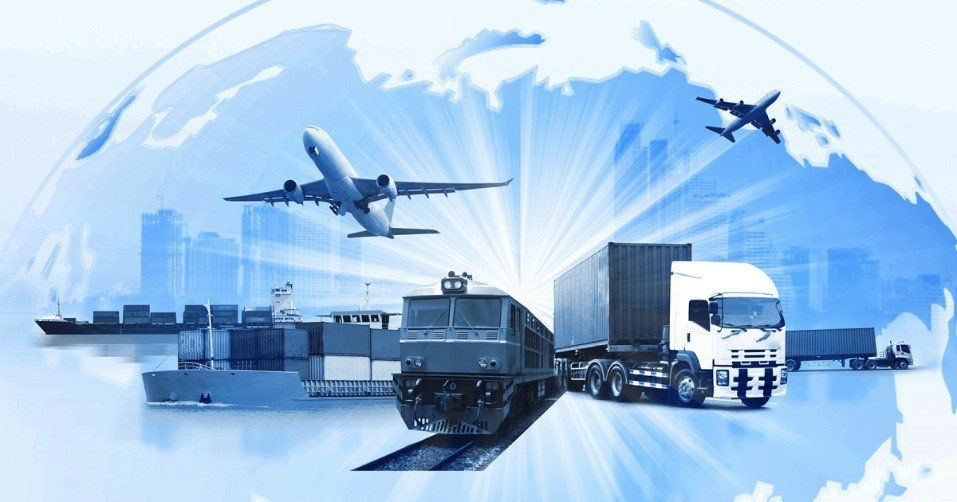Well-endowed with a strategic location, Türkiye lies at the nexus of a global market with a trade volume of around USD 7 trillion that includes Europe, Africa, Central Asian countries, and Russia. Within a 4-hour flight radius, Türkiye rests well within reach of 67 countries with a total GDP of USD 28 trillion and a combined consumer base with USD 1.6 billion worth of purchasing power.
In future years, population growth in South East Asia and Africa is set to outpace anywhere else in the world, international trade is expected to increase, and the center of gravity of global trade is slated to shift toward Asia.

Increasing population and trade are projected to speed up the demand for transportation and logistics services, presumed to nearly double in 2050 relative to the levels seen today.
Türkiye is committed to beefing up its infrastructure investments in the transportation and logistics industries to strengthen and further enhance its current position in global trade. These investments are implemented in line with current global trends in the industry such as urbanization, sustainability, environmental awareness, connectivity to major markets, and next-generation transportation.
Some of Türkiye’s short- and medium-term goals in the logistics sector are as follows:
In addition to these short- and medium-term goals, Türkiye has also set its eyes on becoming a pioneer and leader country on a regional and a global scale with the development of transportation and logistics systems that comply with the principles of economic growth, high value-added production, export-oriented approaches, as well as the principles of integrity, sustainability, trust allocation and efficiency.
ITFA is a platform set up to support and facilitate the Indo-Türkiye bilateral trade and investment as well as the interaction between the Indian and Turkish peoples.